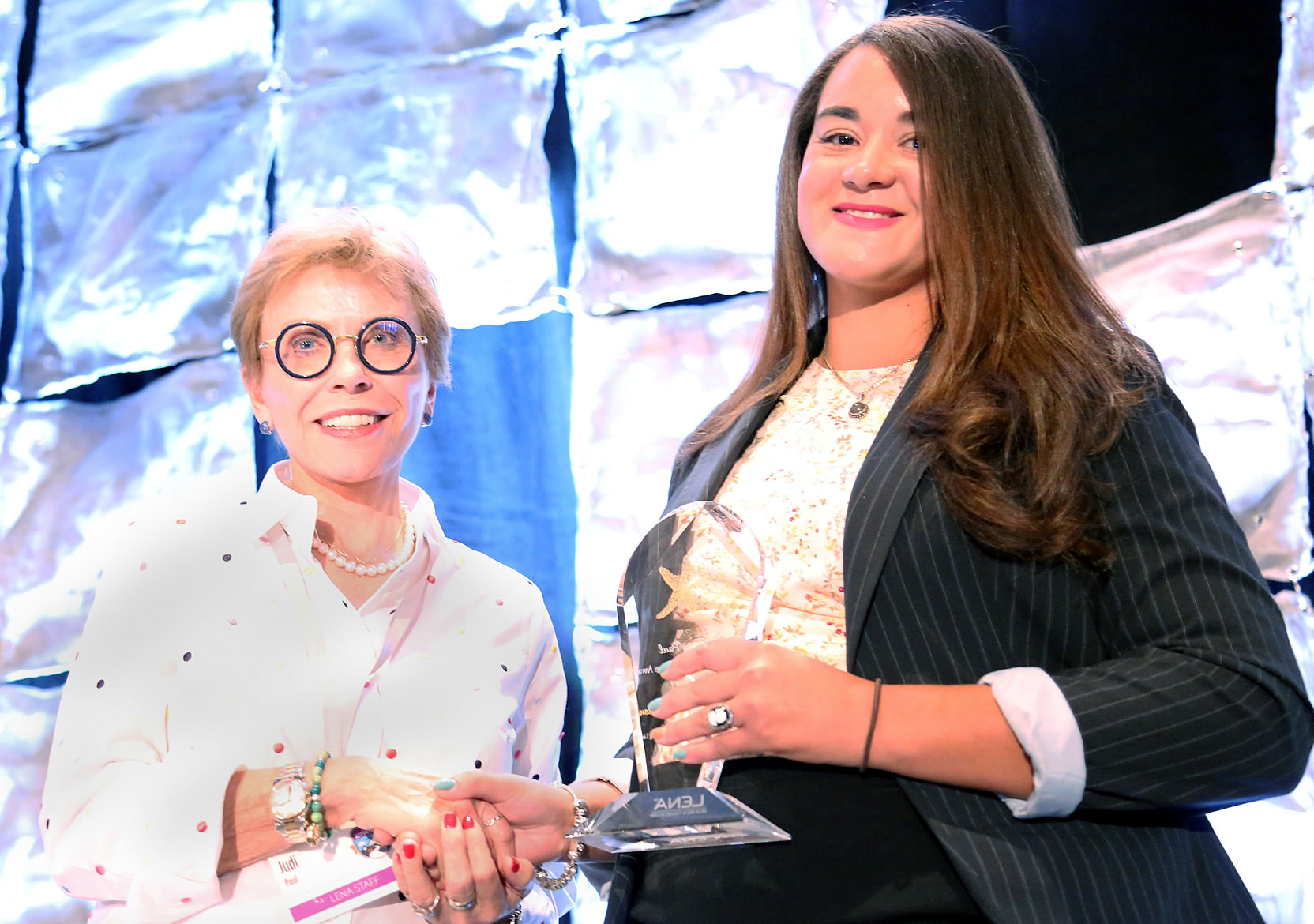
Five “Wows”
- It’s all about social interaction. Language is the essential element of humanity, and is about conversations much more than just talking “at” a child. “Talk is not a one-way street” – even infants play an active role. Building social and emotional skills has an even stronger influence on future success than cognitive abilities alone.
- Combine and conquer. Rather than seeking single solutions to solve the entire talk problem, combinations of solutions can have a multiplier effect. Using data to layer and sequence interventions can help tailor the assistance that individual families need. Cities are discovering power in coordinating existing resources and organizations and publicizing them better to those who need them.
- Parents need help more with “how” than with “what.” Most parents know what their kids need, and enjoy spending time with them. What’s needed most often is tips on fitting talk into busy schedules, time to practice and form new habits, and encouragement that they can make a big difference by talking with their babies!
- Moms and dads are the secret sauce. Research shows that “motherese” – the simplified, repetitive, rhythmic speech most moms do naturally – has a greater effect on babies’ brains than “standard” speech. Meanwhile, dad’s interactions are helpful in different ways: their talk when playing and reading is particularly impactful, even more than mom’s.
- Proven once again: birth-3 is where we must make the difference. New LENA research proves that talk with adults at ages 1-2 predicts kids’ intelligence and language ability 10 years later. “Brains have to be built.” It’s a limited window: low talk in the early years opens gaps that, even by age four, become extremely tough to close.
Five “Worries”
- Gaps in birth-3 literally pose a threat to our society. Widening gulfs in cognitive, social, and emotional skills are direct causes of widening inequality – which affects our economy. Resulting workforce shortages are starting to take a toll on GDP, and on our future ability to support an aging population.
- Too many programs! “Birth to 3 is an ungodly mess” – there are too many interventions competing for attention and resources. We know what to do and what works – but we have a scaling problem. We need to join forces, combine initiatives, and focus.
- Recruitment and retention remain huge challenges. Even programs with proven positive results often experience dropout rates of 30-50%. Reaching the parents who can benefit requires one-to-one, grassroots efforts, but those are often difficult because too many approaches are top-down.
- Science too often gets in the way. Requirements for statistical proofs and control groups can be so rigid they get in the way of delivering the help we’re trying to give. Interventions supported by good evidence, often in combinations, can be effective. Roadblocks occur when gatekeepers think in terms of working “on” rather than “with” people.
- Early childhood education needs help. Many birth-3 kids spend up to 60% of waking hours in childcare. But in some cities, as many as 75% of parents lack access to a center-based option. Meanwhile, family-based providers are becoming scarcer. Early childhood educators are seriously underpaid and under-supported compared to later grades.





